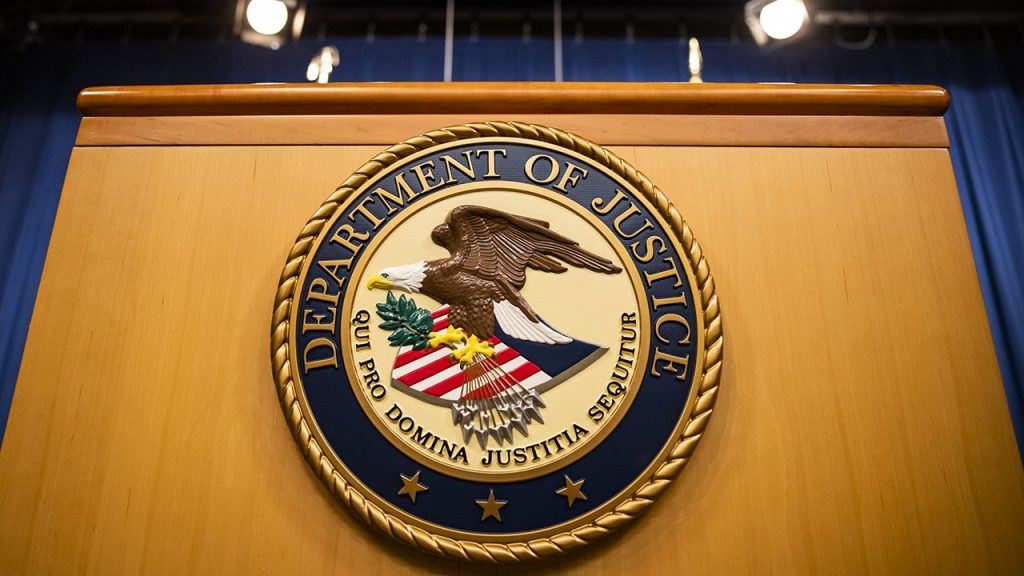Judge Ana Reyes criticized the Justice Department’s apparent double standard regarding subpoenas in the Biden family investigation. She pointed out the hypocrisy of allowing DOJ lawyers Mark Daly and Jack Morgan to defy subpoenas, even as former Trump advisor Peter Navarro was imprisoned for the same offense. Navarro and another Trump advisor, Steve Bannon, were both sentenced to four months in prison for contempt of Congress for refusing to comply with subpoenas related to the January 6 attack on the U.S. Capitol. Reyes condemned the DOJ’s actions, stating that defense attorneys across the country would be pleased to hear that they could ignore subpoenas if they believed them to be unconstitutional or unlawful.
Daly and Morgan, who were subpoenaed for their knowledge of irregularities in the Biden family investigation, were part of a team that initially recommended charging Hunter Biden for suspected tax crimes during his time on the board of Ukrainian company Burisma. The team later reversed course and decided not to charge Biden, allowing the statute of limitations for those charges to expire. The House Judiciary Committee believes investigating this timeline is essential to its inquiry. Justice Department attorney James Gilligan argued that Daly and Morgan’s decision to defy the subpoena was made at a high level and that they are current government employees, unlike Navarro and Bannon, who were no longer part of the government when they were subpoenaed.
Reyes criticized the DOJ’s justification for defying the subpoena, questioning the decision-making process and the legal reasoning behind it. She also questioned the fairness of allowing current government employees to refuse subpoenas while former government officials were being imprisoned for the same offense. Reyes expressed disbelief at the DOJ’s stance, particularly in light of a previous Trump-era Office of Legal Counsel opinion which allowed executive branch employees to ignore subpoenas if Justice Department lawyers were not present during their testimony. When Gilligan hesitated to commit to instructing Daly and Morgan to testify if the committee agreed to allow government counsel in the room, Reyes reacted with incredulity.
The judge’s rebuke of the Justice Department’s handling of the situation highlights the potential impact on future legal proceedings and the rights of individuals involved in congressional investigations. Reyes’ criticism also reflects the broader political landscape surrounding the Biden family investigation and the impeachment inquiry into President Biden. The conflicting approaches to subpoenas and contempt of Congress among current and former government employees raise questions about the consistency and fairness of legal proceedings involving high-profile individuals and politically charged investigations. Reyes’ comments add to the ongoing debate over government accountability and transparency, particularly in cases where executive privilege is invoked to shield high-ranking officials from regulatory scrutiny.
The controversy surrounding the refusal of Daly and Morgan to comply with subpoenas adds another layer of complexity to the already contentious Biden family investigation. The differing treatment of current and former government employees raises concerns about unequal application of the law based on political affiliation or status within the government. The House Judiciary Committee’s efforts to uncover the truth about the Biden family investigation are complicated by the reluctance of key witnesses to testify, creating challenges for lawmakers seeking to hold individuals accountable for their actions. Reyes’ criticism underscores the need for clarity and consistency in how law enforcement agencies respond to congressional subpoenas and the importance of upholding the rule of law regardless of political considerations.


